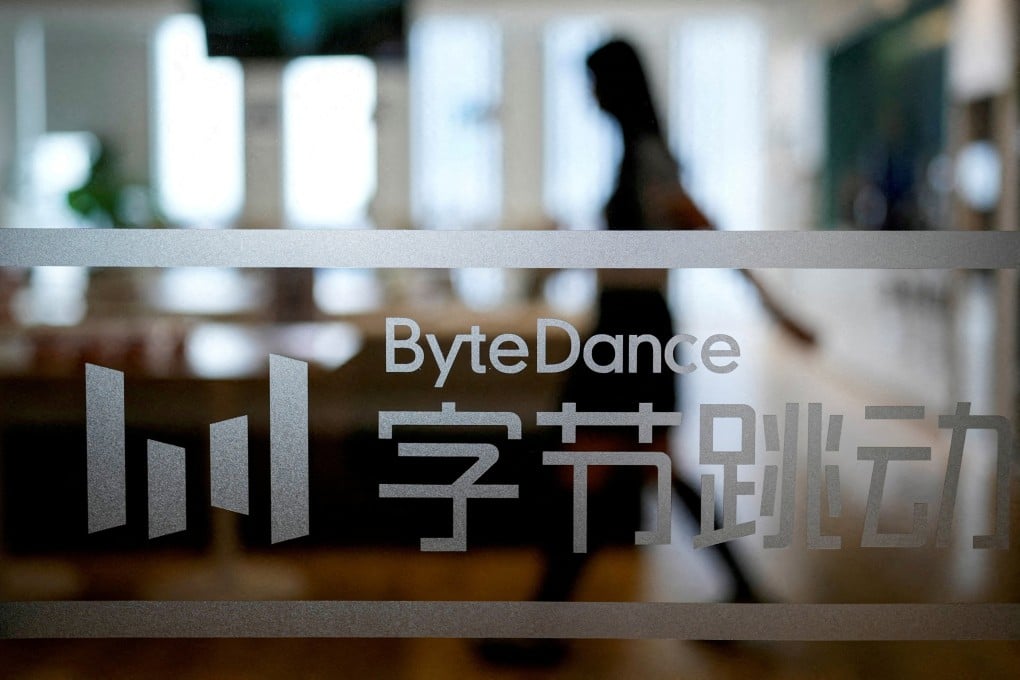ByteDance leads China’s Big Tech sector in capital spending with US$11 billion for 2024
ByteDance, which generates strong cash flow from Douyin, the Chinese version of TikTok, is expected to double its capital spending in 2025

TikTok owner ByteDance was China’s biggest investor in technologies including artificial intelligence (AI) in 2024, with its outlay almost matching the combined spending of rivals Baidu, Alibaba Group Holding and Tencent Holdings, according to new research.
Beijing-based ByteDance, founded by Chinese entrepreneur Zhang Yiming, invested an estimated 80 billion yuan (US$11 billion) on capital expenditure during the year – including AI – while Baidu, Alibaba and Tencent’s spent about 100 billion yuan among them, according to a research note issued by Zheshang Securities’ analysts Liu Wenshu, Tong Fei and Ye Guangliang.
Alibaba owns the South China Morning Post.
ByteDance, which generates strong cash flow from Douyin, the Chinese version of TikTok, is expected to double its capital spending to 160 billion yuan in 2025, including 90 billion yuan for computing power and the rest for infrastructure such as internet data centres, according to the report, which did not break out how much was specifically spent on AI.
China’s Big Tech firms are accelerating their spending on tech like AI, but remain behind their deep-pocketed US peers. ByteDance’s US$11 billion in capex is still well below the US$44.5 billion spent by Microsoft alone, according to the research note.

ByteDance’ large expenditure seems to have delivered results. The company’s AI chatbot Doubao is on par with OpenAI’s GPT-4o based on indicators such as reasoning, coding, ability to follow instructions, and overall ability, according to the Zheshang Securities note.
